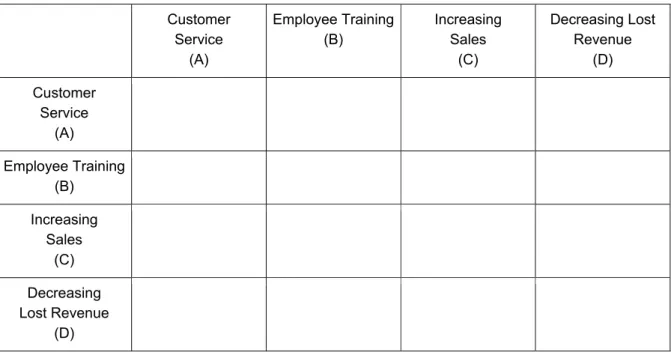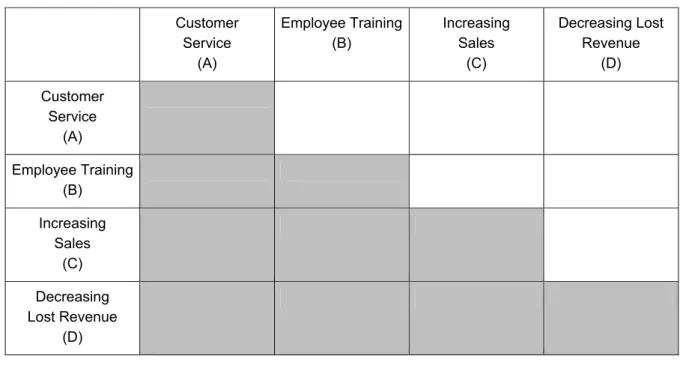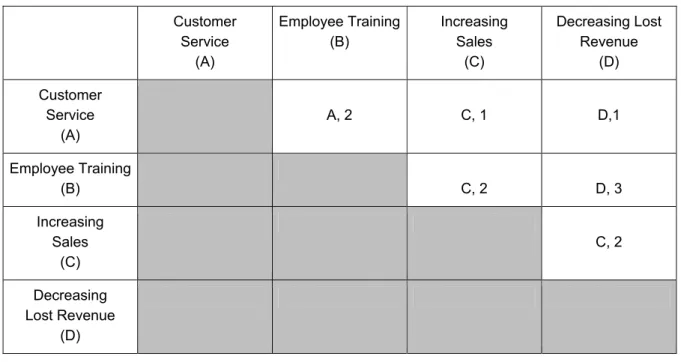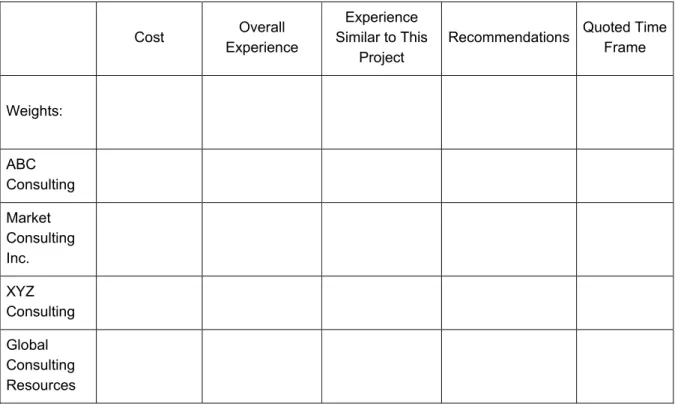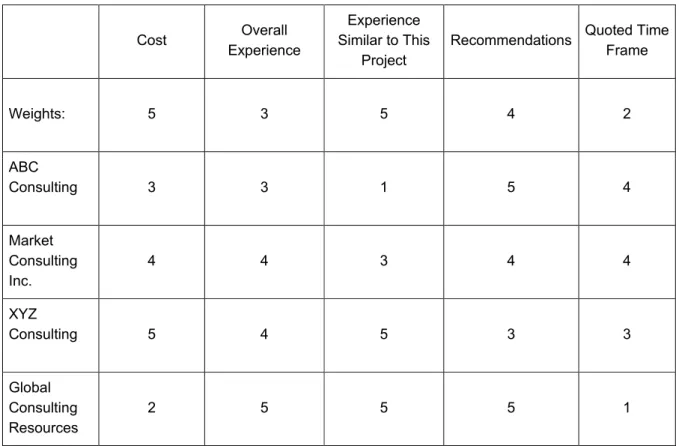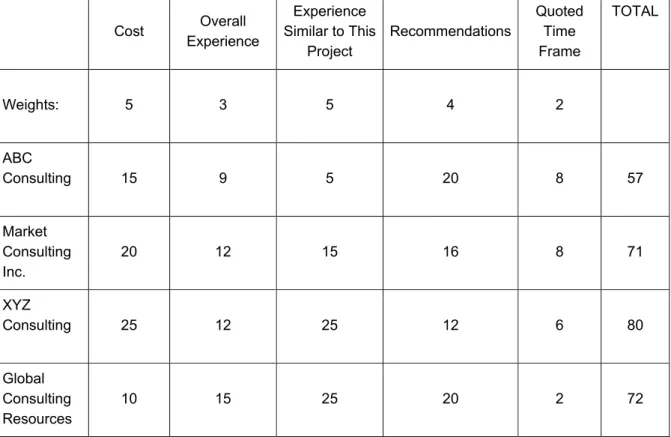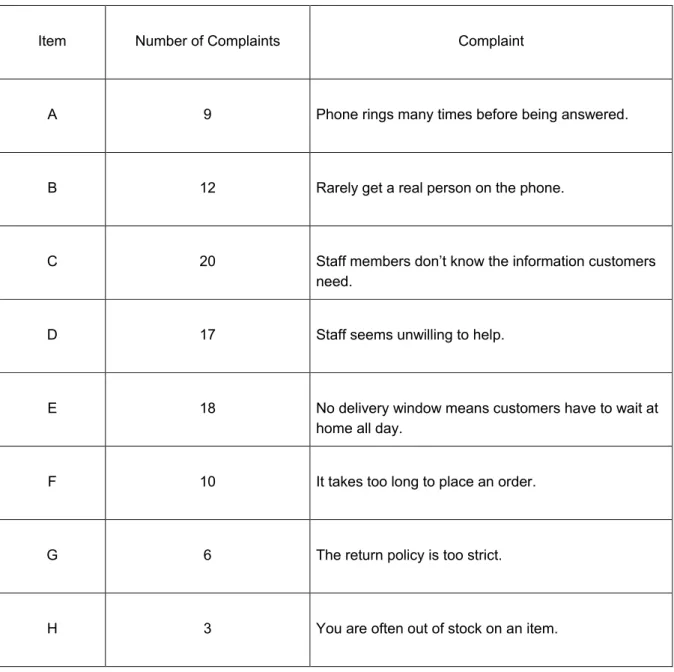However, successful time management will help you become more effective in completing the tasks you need to complete so that more time is available for you to spend on the things that are important to you. Successful time management will help you become more effective in completing the tasks you need to complete so that more time is available for you to spend on the things that are important to you. Time management helps you have a greater sense of control over your life – both at work and at home.
How Is Your Time Management?
Another way to gauge where your time management problems may be is to keep track of how you spend your time at work. You wouldn't want to choose the week of winter break unless you're particularly interested in identifying how you use your time during that time of year. It can be a great way to start a conversation about the priorities he or she wants you to focus on versus where your time is being spent.
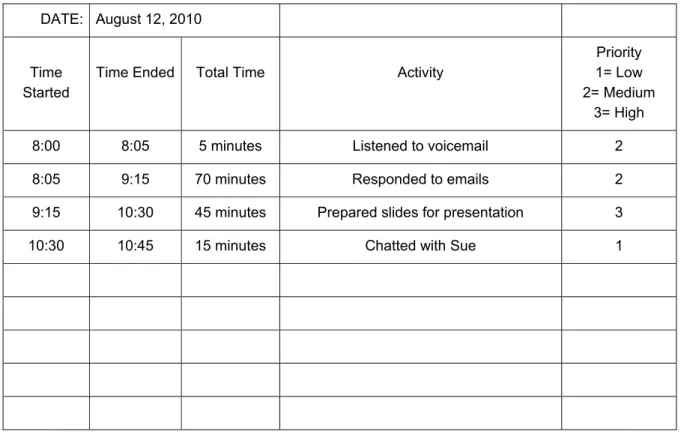
Goal Setting
The goal should be in line with the general, established expectations you have had of the employee in the past. Both the employee and the employer must commit to using the means necessary to achieve the goal. Goal setting will not be effective if there is no opportunity for feedback.
When a goal is specific, you have clearly identified what you expect to achieve. If you can't say specifically what you want to achieve, how can you expect yourself or a subordinate to achieve it. But before you start work, you need to be sure that the goal is really achievable.
If a goal is to be realistic, it must be something you are willing and able to work towards. Starting with the ultimate goal, what is the step that needs to be accomplished just before you reach your goal. What needs to be accomplished and by when, in order to ensure that you reach that end goal.
Keep working backwards until you've identified the first milestone that needs to be achieved and by when you need to achieve it.
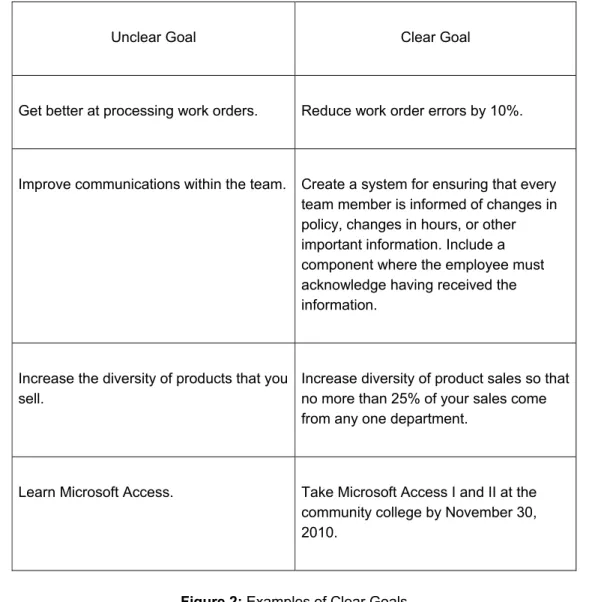
Tools for Prioritization
When you receive your supervisor's request, you can ask her what she would rather focus on: the item that is both urgent and important, or the item she brought you. If you remind her that you have other important work to do and that it will have to wait for you to respond to her urgent request, she may reassign the request — or maybe not. But at least you know you're applying your efforts to exactly the activity she wants you to perform at the time.
If you remind a supervisor that you have other important work to do, even if it's not urgent, she can turn the job over to someone else. For example, if you start at the top left, the first pair you compare is Customer Service and. Now that your grid is ready, you should assign a weight to each factor so that you know which factors are most important and which are less important.
Examining the results now, you can see that you will have the best results if you focus on customer response and courtesy, followed by the order fulfillment process. While in a group, you create a list of issues that you think you need to prioritize. What you end up with is a data set that you can use to determine what the group feels is the priority issue to work on.
In the example in Figure 11, there is a strong group feeling that problem 2 is the least important problem facing them. Another technique you can use to prioritize your time is to identify tasks that you don't actually need to do yourself. When you learn how to delegate properly, there are many benefits for you, the person you are delegating to, and the organization as a whole.
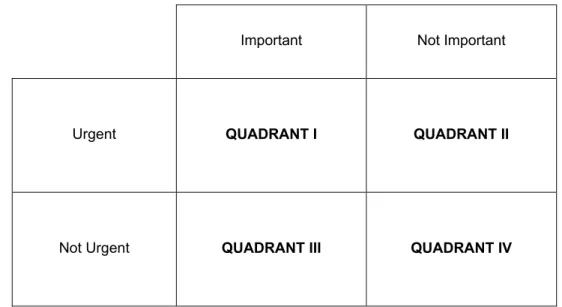
Managing Interruptions
Compare the time you lose due to interruptions with the value you could gain if you were productive during that time. But if, as in most cases, the answer is no, then take the steps you need to take to eliminate your own self-inflicted distractions. If you have to stop what you're doing, be sure to write down or otherwise mark where you were so that you can immediately return to where you were when you resolve the interruption.
He says 'you don't have to want to do something to do it.' If you've decided that the task you're procrastinating on is actually the most important task you have right now, then why not just tap it and do it. You may have to tell your friends and family that you can no longer take calls at work unless it's an emergency — and then stick to it the next time your best friend calls to ask you out. told about her new boss. Treat these interruptions as you would phone calls from family and friends – let the person know you have an important project you're working on and would like to get back to later in the day.
Sure, there are times when you need to be alert to incoming email, but ideally you should have certain times during the day that you check your email, say first thing in the morning, around 10:30am. after lunch, and an hour before departure for the day. As you become more aware of the distractions and interruptions in your day, you will also become more aware of the amount of time you waste on them. Don't be afraid to use a sign on your door that says 'do not disturb' if you have a serious deadline to focus on - sometimes a physical sign is all it will take for some people to get the message.
If they want your input on how they're progressing with their project, let them know that you'd love to help them but can't at the moment - then schedule time in your week to help them when it's convenient for both of you.
Managing Procrastination
Keep the conversation going with yourself until you can figure out why it is that you feel the way you do about the matter at hand. If you see yourself as disorganized and you've learned to tolerate it, it's a handy excuse to have the next time you want to avoid doing something. Not convinced that you have the support of the others on your team or in your division. Once you understand why you feel overwhelmed, you will also understand what you need to do to eliminate this feeling.
But if you're a procrastinator and a perfectionist, chances are you've decided you don't want to continue because you don't think you can do it perfectly. This is another sign that you may be lacking the resources you need to do your job well. Remember that you are paid to perform the tasks that your supervisor or the organization deems most important.
Remind yourself that you don't have to WANT to do something to DO it. Make it a rule not to leave for the day without cleaning up your work. Once you've identified what that 'something' is, you have the opportunity to ask for the support or resource that will help you reduce the feeling of being overwhelmed by everything there is to do.
Practice some stress management techniques so that you are prepared for those times when problems arise.
Scheduling
What's left is time that you can schedule to help you be as productive as possible. For example, you might decide that you will spend two hours on Monday working on the sales presentation you need to complete for the coming week. But when you schedule time for what's important and stick to that schedule, you'll find that you're more productive overall and less likely to fall victim to procrastination.
Planning activities helps you with your work, especially if there are certain things you never seem to find the time for or things you seem to put off time and time again. The only place where you can learn from our unparalleled experience while helping our global customers achieve high performance. You can start long-term planning with a master plan that lists the fixed tasks you identified in the previous section.
You can then fill in what you estimate is the time required each week to complete the project on time. This becomes a snapshot of your activity for the month or week that you can use to help you achieve those long-term planning goals. Not only does your daily schedule help ensure you work on the most important things first, but it also serves as a record of what you've accomplished.
If you still find that you have trouble with time management, review your schedule and compare it to what you actually did that day.
Resources
